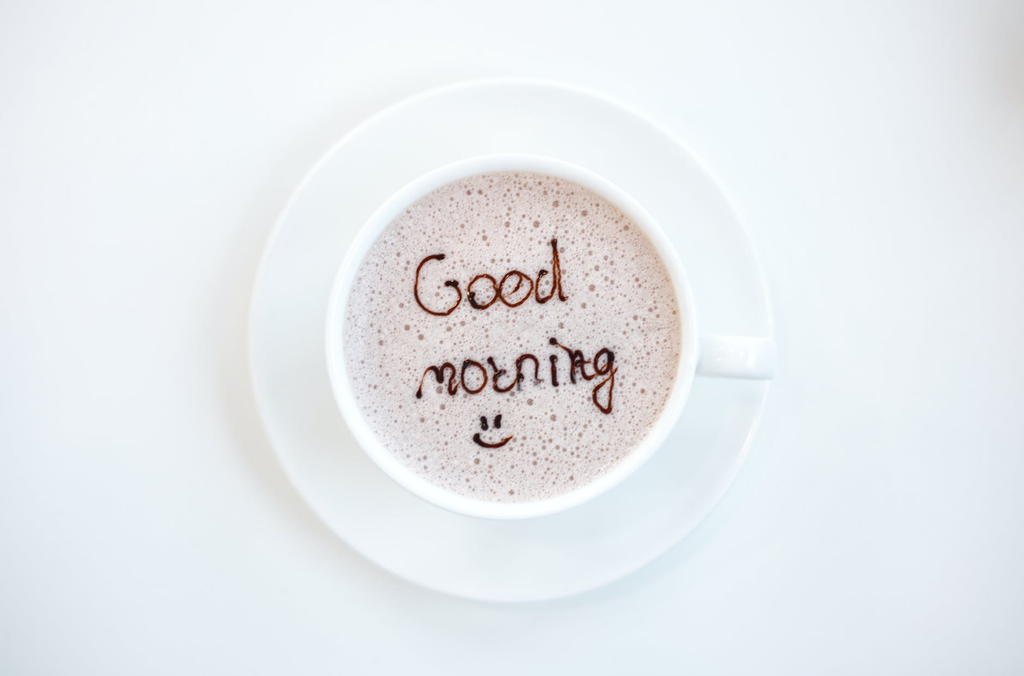When you aren’t getting enough sleep or sleeping soundly, you may find yourself relying on caffeine to keep you alert throughout the day. But that can lead to a never-ending cycle where the caffeine keeps you lying awake at night, leaving you with little shuteye. Now when you throw sleep apnea into the mix, you might find yourself in an entirely different playing field.
The team at ApneaMed is here to explain the connection between sleep apnea and caffeine and provide tips to help you sleep more soundly during the night.
The Truth About Sleep Apnea and Caffeine
As a person with sleep apnea, you’ve likely wondered how and if caffeine impacts the quality of sleep you get each night — and you’re not alone. Multiple studies have been conducted to determine how obstructive sleep apnea (OSA) and caffeine are related and if caffeine can improve or aggravate sleep apnea symptoms. We’ve outlined the findings for you.
Not All Caffeine Is Created Equal
Researchers from one study concluded that only certain types of caffeinated beverages might impact obstructive sleep apnea symptoms. For example, when the individual with sleep apnea consumed caffeinated soda, they were more likely to experience severe sleep-disordered breathing. However, those that consumed caffeine through tea or coffee didn’t encounter more aggravated symptoms.
Caffeine Can Improve Cognitive Performance
On the other hand, another study published in the medical journal Current Neuropharmacology found that an above-average caffeine consumption resulted in improved cognitive performance in individuals suffering from sleep apnea. Similarly, additional research supported this claim and concluded that an increased dosage of daily caffeine led OSA patients to experience less cognitive impairment.
Because the results from studies examining the relationship between caffeine and obstructive sleep apnea are quite varied, more research needs to be conducted before there is a concrete answer about how caffeine affects those with OSA.
How Caffeine Impacts Your Sleep and What To Do About It
If you have sleep apnea and have questions about your caffeine intake, reach out to your sleep specialist to determine how you can improve your sleep. In the meantime, we’ve put together a list of benefits that you may experience reducing your caffeine intake.
1) Break the Never-Ending Cycle of Caffeine Reliance
We’ve all been there. You wake up feeling groggy and tired, so you turn to your favorite caffeinated beverage to get you through the day. Your coffee, soda, or tea gives you the boost you need to make it through to the afternoon, but then you begin feeling groggy again. The caffeine intake tricks your body into thinking you’re energized when your mind and body are still drained in reality.
When the mid-afternoon slump hits, you grab another caffeinated drink. But too much caffeine makes it more difficult for you to fall asleep at night, creating a never-ending cycle of tiredness that results in you downing a caffeinated beverage.
While this cycle can make anyone exhausted, it’s even more draining on an individual dealing with obstructive sleep apnea. To ensure you’re getting the best sleep possible, avoid caffeine in the afternoon or evening so you can fall asleep more quickly and sleep more soundly.
2) Reduce the Chances of High Blood Pressure
The more caffeine you consume, the more likely you are to experience high blood pressure, otherwise known as hypertension. High blood pressure is an underlying condition that can lead an individual to experience sleep apnea when left unchecked. Monitor the amount of caffeine you are regularly consuming to avoid increasing your blood pressure.
3) Have Better Control of Your Emotions
Those with sleep apnea know how taxing the lack of rest can be on their emotions. From depression to mood swings, obstructive sleep apnea can make it hard for you to keep your emotions in check. Because of this, the patients often find themselves turning to caffeinated drinks to help reduce these mood swings. By cutting your caffeine intake, you’ll be able to sleep more soundly — resulting in an even-keeled attitude.
ApneaMed Provides At-Home Sleep Apnea Testing
If you have become reliant on caffeine and believe you might have obstructive sleep apnea, it’s essential to get tested to acquire the proper treatment. With ApneaMed’s sleep test process, you can undergo a self-administered sleep study from the comfort of your own home. If you have any questions about ApneaMed’s at-home sleep apnea test or our sleep apnea treatment equipment, contact our team to learn more.

